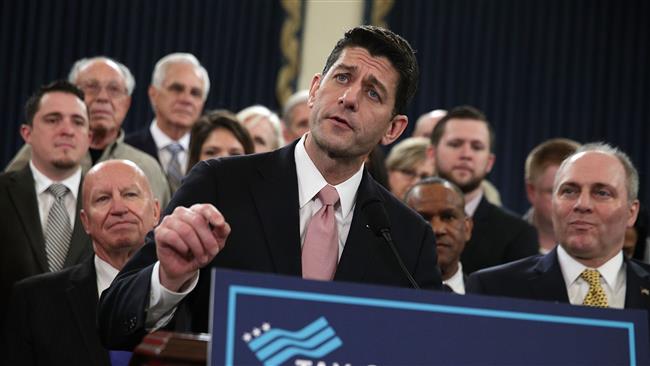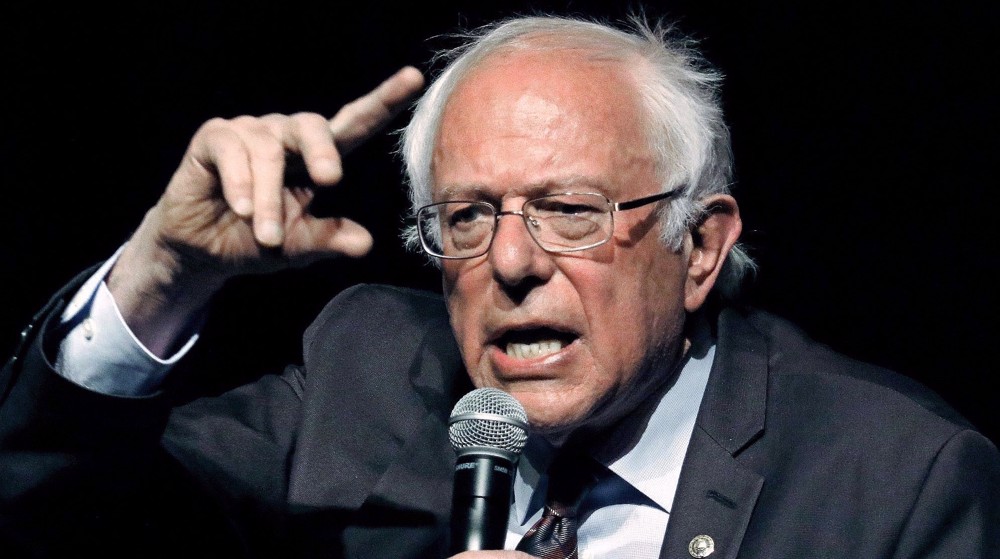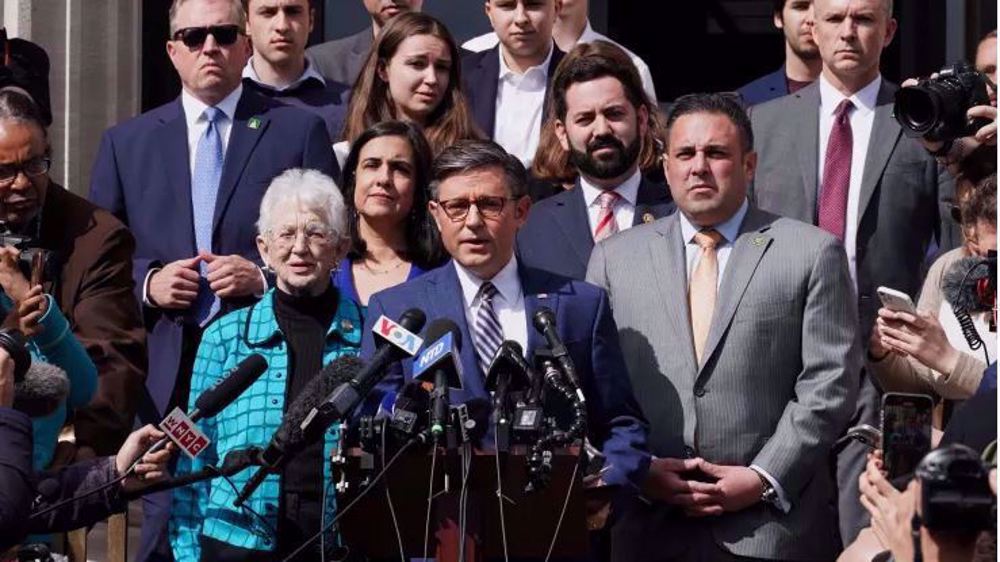Internal dissent as Republicans roll out tax bill
US Republican leaders unveiled a sweeping tax bill that would dramatically slash corporate rates, but the measure was already under fire from within the party despite pressure from President Donald Trump.
Simmering disagreements persisted over what should end up in the largest tax overhaul since Ronald Reagan's 1980s presidency, with at least one House Republican openly opposing the legislation.
The effort, conducted largely in secret in recent months, is seen by many Republicans as a shot at political redemption after they and Trump failed in their high-stakes bid to repeal and replace Barack Obama's signature health care reforms.
"This is it. This is a very important and special moment for our country," House Speaker Paul Ryan said in announcing the Tax Cuts and Jobs Act.
Ryan said a family of four would save an average of $1,182 a year under the plan, which he hailed as an overhaul that will "deliver real relief" for working Americans.
"It will help you save for retirement," he said. "It will help you save for a rainy day."
Trump applauded the bill as an "important step" towards tax relief, but he acknowledged the hurdles ahead in getting the controversial measure through Congress.
Speaking in the Oval Office, the president said he expected to be able to lock in a "giant tax cut" for Americans before Christmas this year.
The Republican Party is under intense pressure to score a major legislative victory in 2017, but it will likely need to do all the heavy lifting as Democrats have united against the legislation.
'Half-baked' plan
Senate rules allow for the measure to add $1.5 trillion to the deficit over 10 years. But with the cuts expected to cost far more, tax-writers have scrambled to find other ways to boost revenues and cut spending to cover the costs.
House Minority Leader Nancy Pelosi swiftly blasted the new plan as a "half-baked bill" that would "plunder the middle class" in order to further enrich the wealthy.
The bill condenses the existing seven tax brackets to just four, plus an effective fifth bracket at zero percent.
Critically, it keeps the top rate for wealthy tax-payers at 39.6 percent, rather than 35 percent as proposed in September under the White House tax outline.
But it raises the threshold for the top bracket to $1 million for married couples, from the current $470,700 -- meaning a major tax break for earners within that window.
The corporate tax rate would be permanently lowered to 20 percent from 35 percent, a move Republicans insist will provide rocket fuel for the US economy to take off.
The bill roughly doubles the standard deduction that individuals and families can claim on their taxes, and expands the child tax credit, while eliminating a raft of deductions, including for alimony payments and some medical expenses.
It also eliminates the estate tax, beginning in 2024, on money inherited by Americans through a parent's death, and repeals the Alternative Minimum Tax.
The home interest deduction will be limited to loans up to $500,000, instead of the current $1 million.
That move drew the ire of the National Association of Home Builders, which said limiting the deduction will hurt home buyers in expensive markets. (Source: AFP)
VIDEO | Press TV's news headlines
VIDEO | American, Israeli rabbis call for ceasefire during protest near Gaza
Minister urges enhanced Iran-Russia defense cooperation
US campus crackdown: 500 pro-Palestinian protesters arrested
VIDEO | Yemenis rally in Sana'a in solidarity with Palestinians in Gaza
VIDEO | Jordanians march after Friday prayers in support of Palestinians
Far-right Israeli minister Ben-Gvir injured
Germany clears pro-Gaza camp as US-style demos spread across Europe










 This makes it easy to access the Press TV website
This makes it easy to access the Press TV website